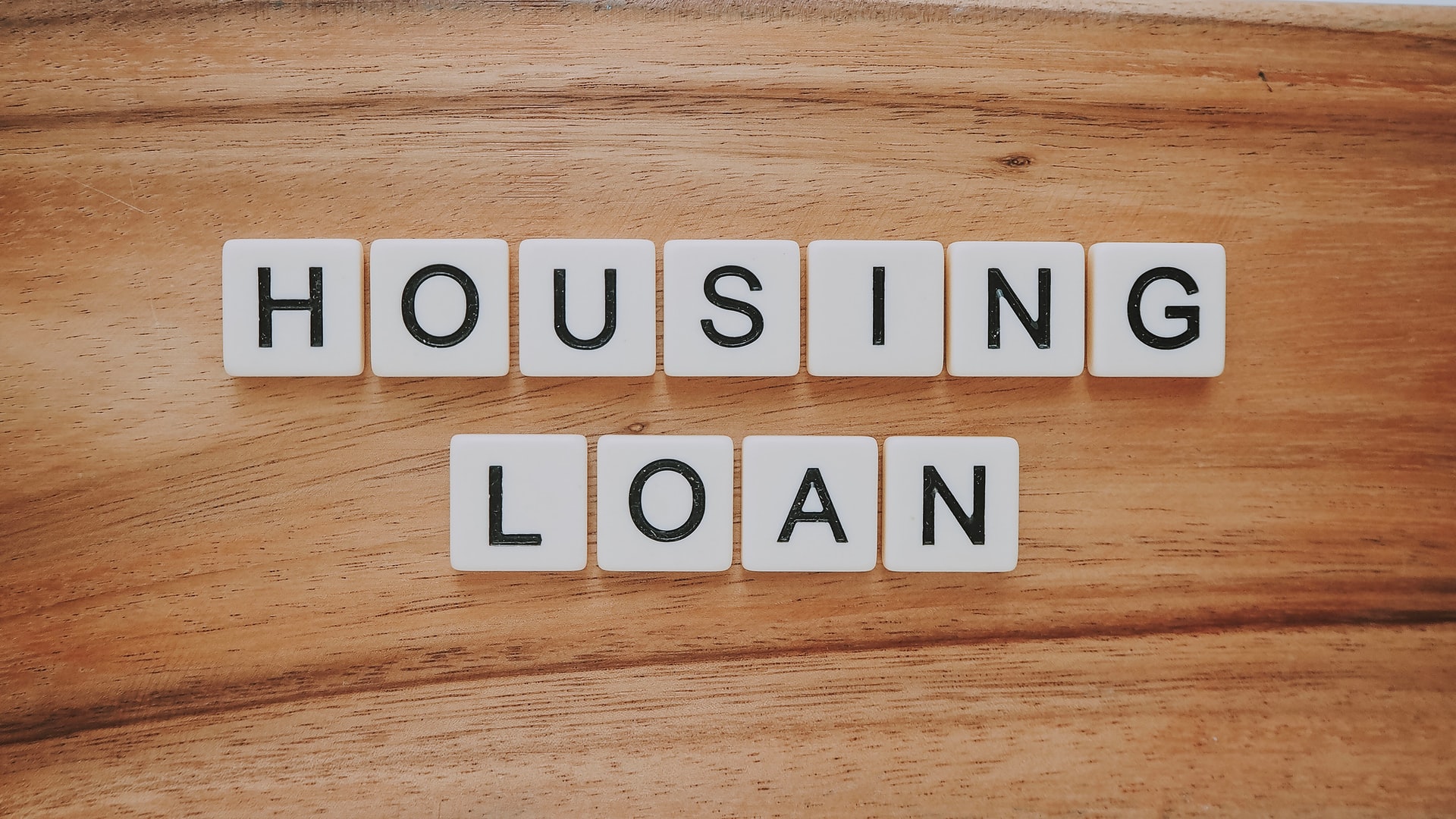This glossary is designed to help you understand common terms encountered during home improvement projects. While it’s always best to consult with your local contractor about specific financing options and programs, this guide will familiarize you with the essential terminology. Bookmark this page and refer to it whenever you consider the next step of your project or sign paperwork that includes these terms. Modernize regularly updates this list, so check back for new information.
Table of Contents
- Amortization
- Annual Percentage Rate (APR)
- Cash-Out Refinance
- The Consumer Financial Protection Bureau
- Closing Costs
- Credit Score
- Credit Report
- Dodd-Frank Wall Street Reform and Consumer Protection Act
- ENERGY STAR Program
- Escrow
- Equity
- Home Energy Renovation Opportunity (HERO) Program
- Home Energy Score
- Home Equity Line of Credit
- Home Equity Loan
- HomeStyle Energy Program
- Property Assessed Clean Energy (PACE) Model
- Private Mortgage Insurance
- Preapproval Or Pre-Qualification
- Purchasing Power
- Residential Property Assessed Clean Energy (R-PACE) Model
- Residential Renewable Energy Tax Credit
- Title I Property Improvement Loans
Amortization
The process of gradually repaying a loan over time through regular payments. Each payment covers both principal and interest.
Annual Percentage Rate (APR)
The yearly interest rate on a loan, including fees and other costs, expressed as a percentage.
Cash-Out Refinance
Replacing an existing mortgage with a new one for more than the current balance and taking the difference in cash. This requires built-up equity.
The Consumer Financial Protection Bureau
A US government agency that ensures fair treatment by banks, lenders, and financial companies. It provides resources and handles complaints about financial practices.
Learn more at consumerfinance.gov.
Closing Costs
Fees associated with securing a mortgage, such as title insurance, escrow fees, lender charges, real estate commissions, transfer taxes, and recording fees.
Credit Score
A numerical rating predicting how likely you are to repay a loan. It is based on your bill-paying history, unpaid debt, number and type of loan accounts, credit history length, credit usage, new credit applications, and any negative financial events.
Credit Report
A detailed statement of your credit activity, including personal information, credit accounts, payment history, public records, and inquiries.
Dodd-Frank Wall Street Reform and Consumer Protection Act
A 2010 law aimed at protecting consumers from predatory lending practices. It led to the creation of the Consumer Financial Protection Bureau.
ENERGY STAR Program
A voluntary program by the Environmental Protection Agency that helps homeowners save money and protect the climate through energy-efficient products and practices.
Learn more at energystar.gov.
Escrow
A third party holds funds during a transaction between two parties, releasing them once the transaction is complete.
Equity
The difference between what you owe on your home and its market value. Paying down your mortgage increases your equity.
Home Energy Renovation Opportunity (HERO) Program
A PACE program offering financing for energy-efficient, water-efficient, and renewable energy products in California and Missouri. Repayments are made through property taxes.
Home Energy Score
A Department of Energy program providing comparable information about a home’s energy use to help improve energy efficiency.
Learn more at betterbuildingssolutioncenter.energy.gov.
Home Equity Line of Credit
A flexible loan allowing homeowners to borrow against their home’s equity. It carries the risk of foreclosure if not repaid.
Home Equity Loan
A loan based on the value of a home, using the home as collateral. It is similar to a second mortgage.
HomeStyle Energy Program
A Fannie Mae program offering loans for up to 15% of a home’s appraised value to finance energy-efficient upgrades when purchasing or refinancing.
Property Assessed Clean Energy (PACE) Model
Programs allowing property owners to finance energy-efficient and renewable energy improvements through private sources, repaid via property taxes.
Private Mortgage Insurance
Insurance protecting a lender against borrower default. It is often required when the loan is deemed risky.
Preapproval Or Pre-Qualification
An initial assessment by a lender indicating potential approval for a loan based on basic financial information.
Purchasing Power
The financial ability to buy goods or services, influenced by factors like home equity and savings.
Residential Property Assessed Clean Energy (R-PACE) Model
PACE programs specifically for residential homeowners, differing from commercial versions.
Residential Renewable Energy Tax Credit
A federal tax credit covering up to 30% of the cost of renewable energy installations, like solar panels, valid for systems placed in service by Dec. 31, 2019.
Title I Property Improvement Loans
HUD-insured loans that protect private lenders against losses on loans for property improvements, applicable to both large and small projects.
We hope this glossary helps you navigate your home improvement projects with confidence. Remember, the right knowledge is your best tool for making informed decisions. Happy renovating with Casability!
